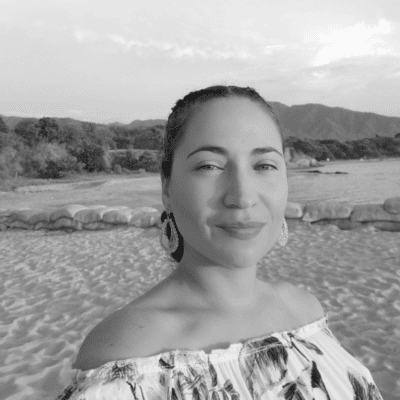 November 8, 2019 – Eleven years ago, I started my farm from scratch.
November 8, 2019 – Eleven years ago, I started my farm from scratch.
I had recently graduated with an MBA in entrepreneurship and was working as a civil engineer in the Midwest when I learned that 24 acres near Ridgefield, Washington had come up for sale. They say the right people fall into your life at the right time—in my case, it was the right land.
I grew up down the road from those 24 acres above the Columbia River Slough and no matter the season, there was always something to learn, barns and fields to explore, and farm chores to be done. The previous owners, Pete and Annie, were mainly homesteading, self-reliant fishermen and foragers, but they also raised Red Angus for meat and milk, and they had a huge garden, eating pretty much only what they grew.
So, when I decided to become a farmer, I guess you could say I did it out of absolute necessity. There was simply no way I could let the land go. But then I faced the monumental challenge of making the farm a viable and stable source of income.
From the outset, I knew two truths: organic certification was my path to financial survival, and healthy soil was my most precious asset.
 The diversified, organic farming practices I still use today are crucial to the feasibility of my operation, and although soil quality may not have a specified line-item on my balance sheet, it is absolutely the foundation of my work. I have learned how to assess the biological health of my soil, manage nutrient loads, and reduce my dependence on off-farm inputs—all while continuing to reduce the carbon footprint of my operation.
The diversified, organic farming practices I still use today are crucial to the feasibility of my operation, and although soil quality may not have a specified line-item on my balance sheet, it is absolutely the foundation of my work. I have learned how to assess the biological health of my soil, manage nutrient loads, and reduce my dependence on off-farm inputs—all while continuing to reduce the carbon footprint of my operation.
As an organic farmer, I depend on the income of every acre I plant. I do not have the resources to implement expensive trials, which is why OFRF’s work is so valuable.
OFRF has been both a trusted advisor and an independent source of research-based knowledge that is crucial to advocating for and supporting organic farming practices. OFRF works every day to support thousands of diversified farmers like me.
As farmers, we are in many ways invisible, and yet the health and well-being of our lands prove to be one of the most visible elements of the health and well-being of our communities. Consequently, I urge you to join me in supporting OFRF.
OFRF research grants, free educational resources, and advocacy for programs and policies that support organic farmers are directly funded by individual donations from supporters like you.
Today, my farm is my livelihood; it is my only source of income. My husband Brad and I provide healthy, certified organic food to over sixty families in Clark County through our CSA, as well as local restaurants.
Succeeding as an organic farmer is the most challenging work I’ve ever known, and let me tell you, it isn’t getting any easier.
Farmers like me care deeply about land stewardship and it is your financial gift to organizations like OFRF that help us move our work forward in innovative and sustainable ways—ways that ultimately create healthy communities both below and above ground.
Donate today!
Join me in supporting OFRF and their critical mission to improve and advance the adoption of organic farming practices through research, education, and farmer advocacy. Please make a contribution today.
Sincerely yours,

April Thatcher
 November 14, 2019 – OFRF has been using research-based analysis to inform public policy for nearly three decades. Recently, we contributed to a new report from the National Sustainable Organic Agriculture Coalition (NSAC) titled Moving American Agriculture to “Net Zero”.
November 14, 2019 – OFRF has been using research-based analysis to inform public policy for nearly three decades. Recently, we contributed to a new report from the National Sustainable Organic Agriculture Coalition (NSAC) titled Moving American Agriculture to “Net Zero”.


 November 8, 2019 – Eleven years ago, I started my farm from scratch.
November 8, 2019 – Eleven years ago, I started my farm from scratch. The diversified, organic farming practices I still use today are crucial to the feasibility of my operation, and although soil quality may not have a specified line-item on my balance sheet, it is absolutely the foundation of my work. I have learned how to assess the biological health of my soil, manage nutrient loads, and reduce my dependence on off-farm inputs—all while continuing to reduce the carbon footprint of my operation.
The diversified, organic farming practices I still use today are crucial to the feasibility of my operation, and although soil quality may not have a specified line-item on my balance sheet, it is absolutely the foundation of my work. I have learned how to assess the biological health of my soil, manage nutrient loads, and reduce my dependence on off-farm inputs—all while continuing to reduce the carbon footprint of my operation.
